Why women and girls?
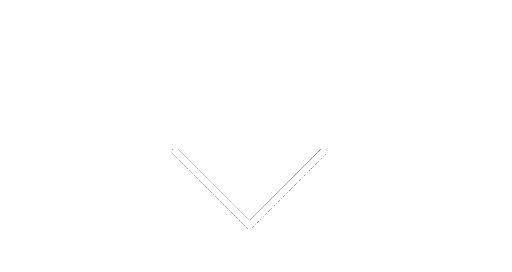
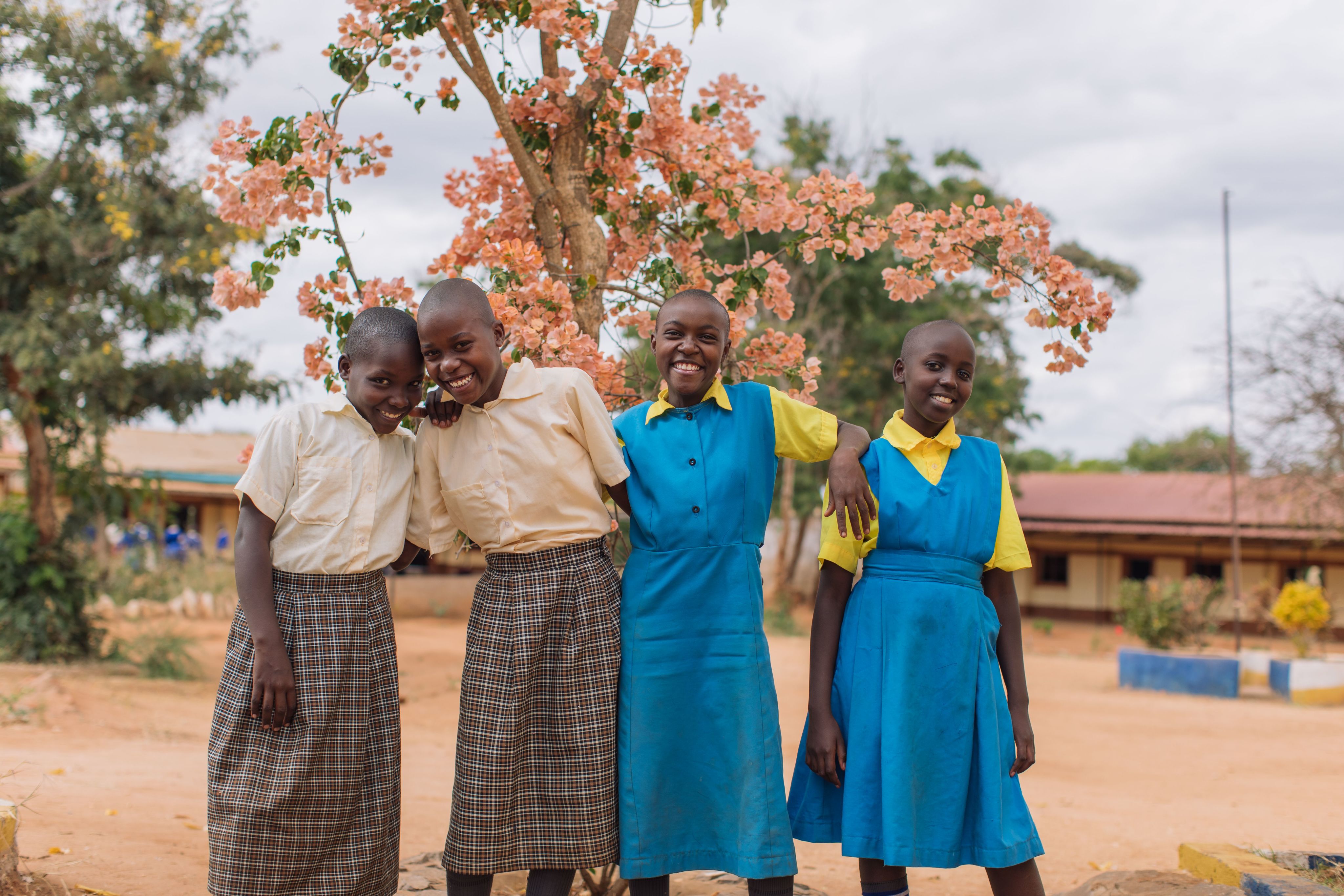
Why we support women and girls
Poverty is complex. It’s more than a lack of money. It’s also a lack of choice and power.
For women and girls, poverty means having fewer opportunities than men and boys. In the world’s poorest places this means living on the margins of society, often facing discrimination, exploitation and violence.
From the moment they’re born, many girls are seen and treated as less than boys. Girls are less likely to go to school than their brothers, and millions of girls worldwide are married as children, often to much older men.
All over the world women and girls have less social, economic and political power, which can lead to their human rights being denied. Gender inequality is the root cause of women’s rights abuses. ActionAid supports women and girls to claim their rights.
The denial of women’s and girls’ rights is not just a grave injustice; it's one of the biggest causes of poverty worldwide.
That's why, at ActionAid, we put women and girls at the heart of all we do. Scroll down to see more facts and figures about women's and girls' rights, the progress we're making and the problems still faced by millions of women and girls every day.
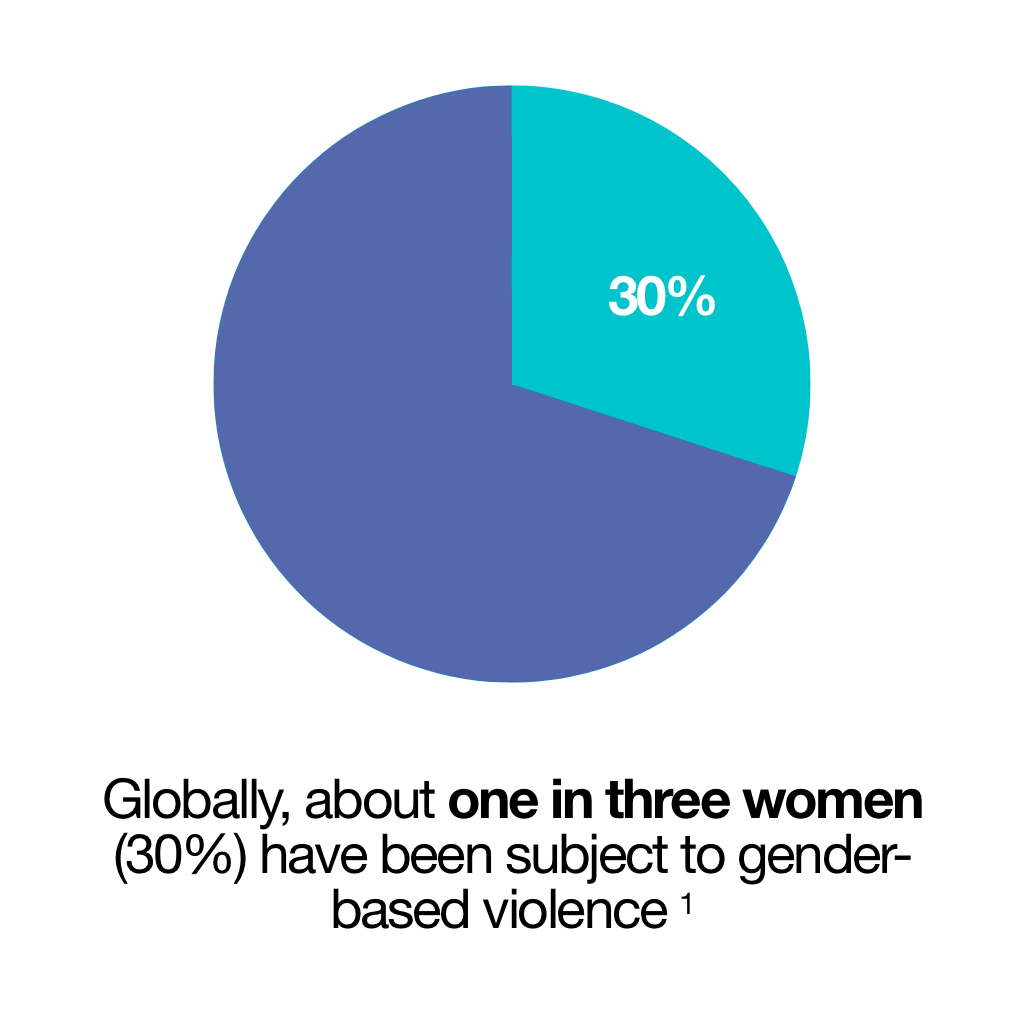
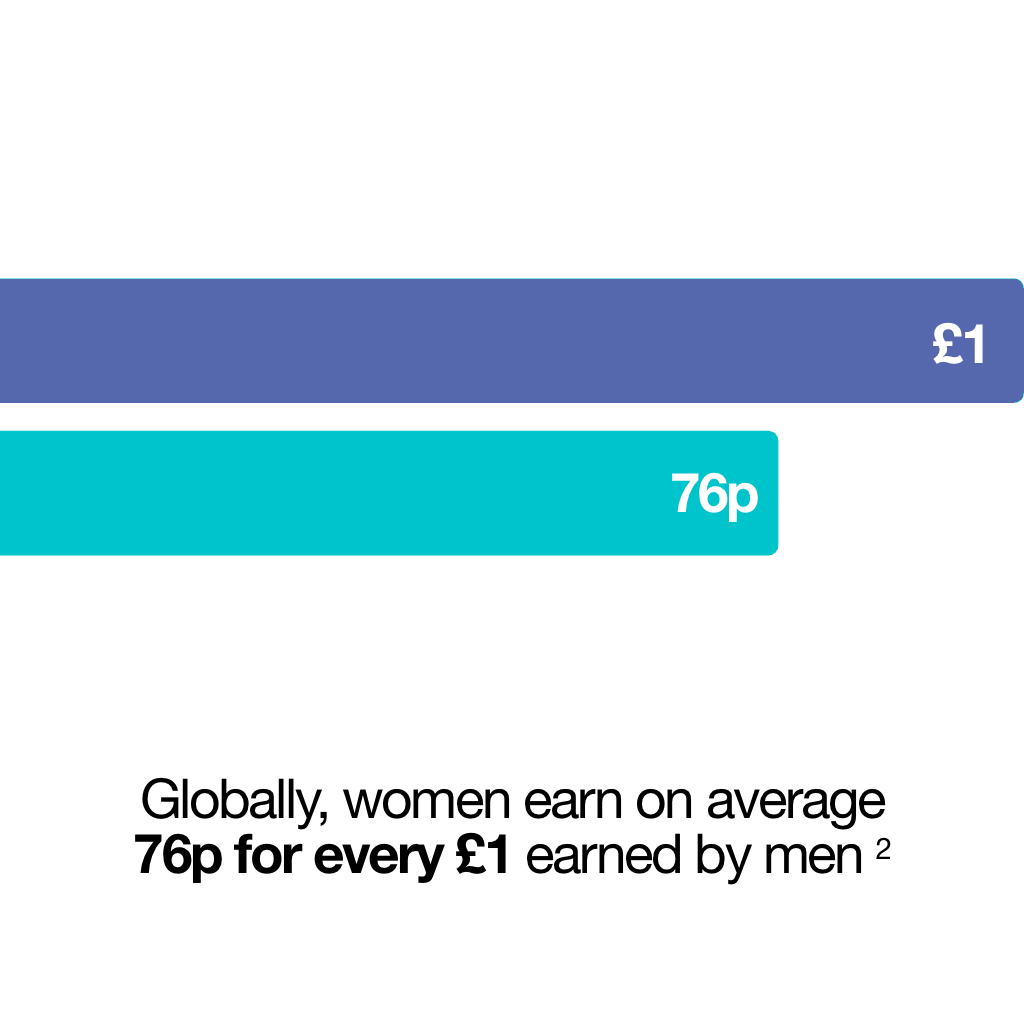
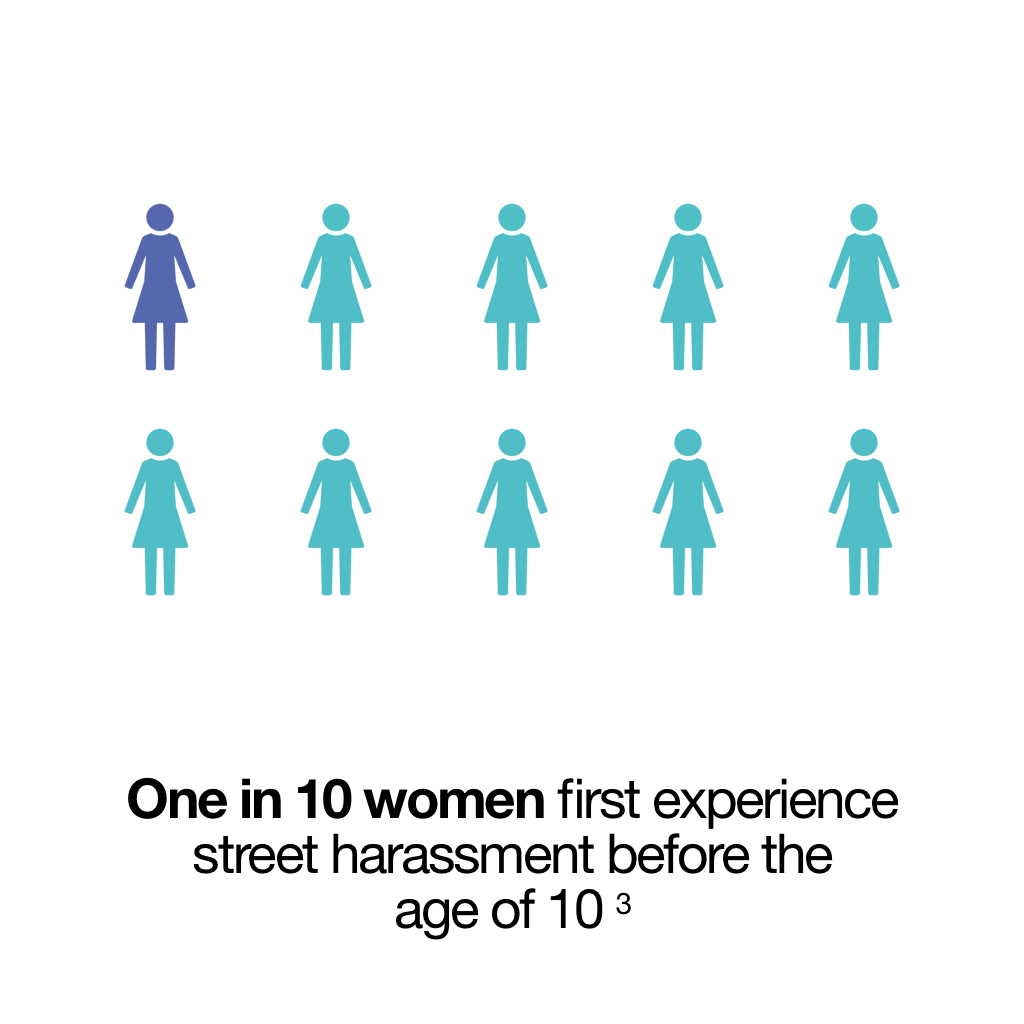
Women and girls have the right to live free from violence
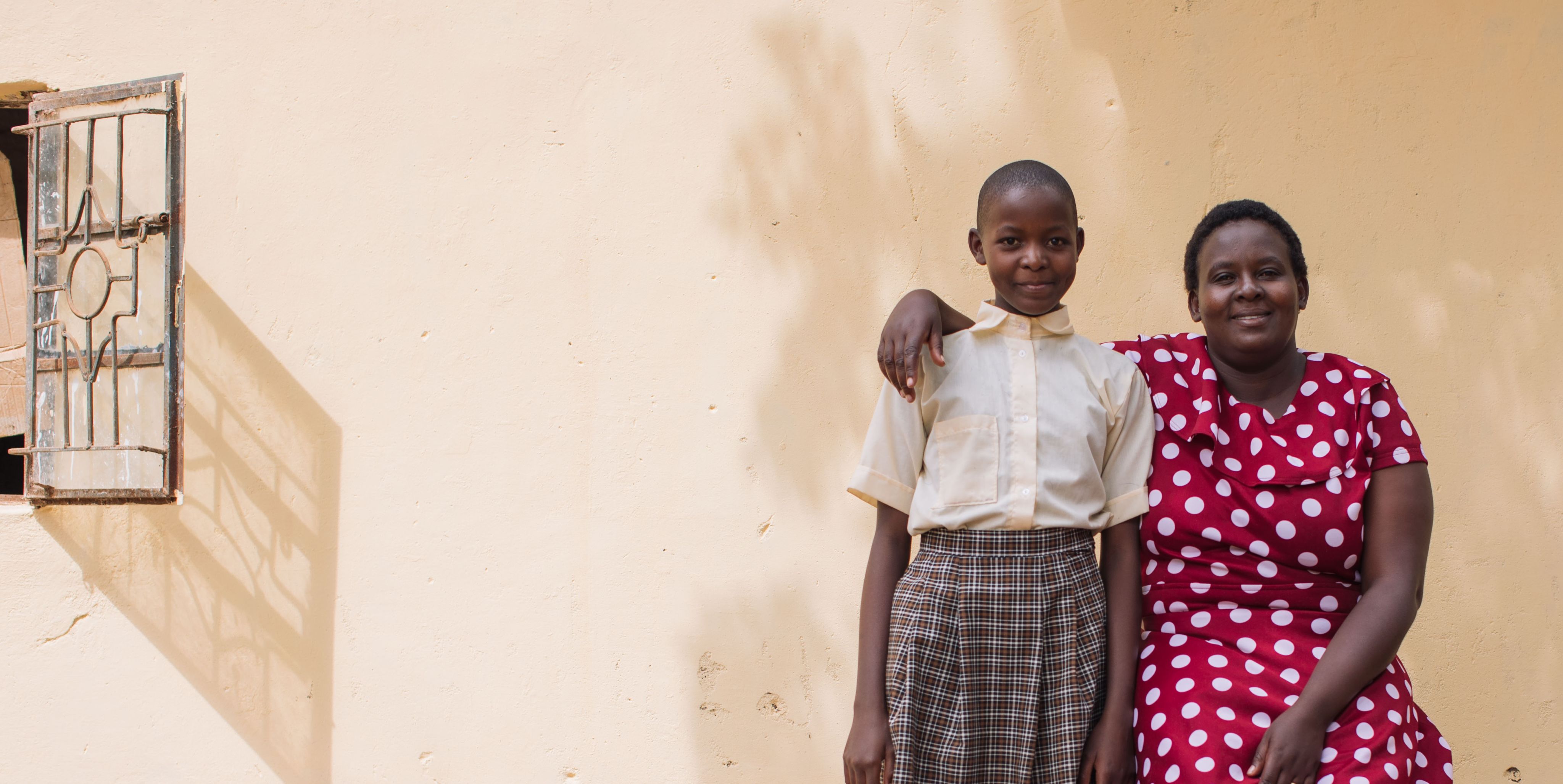
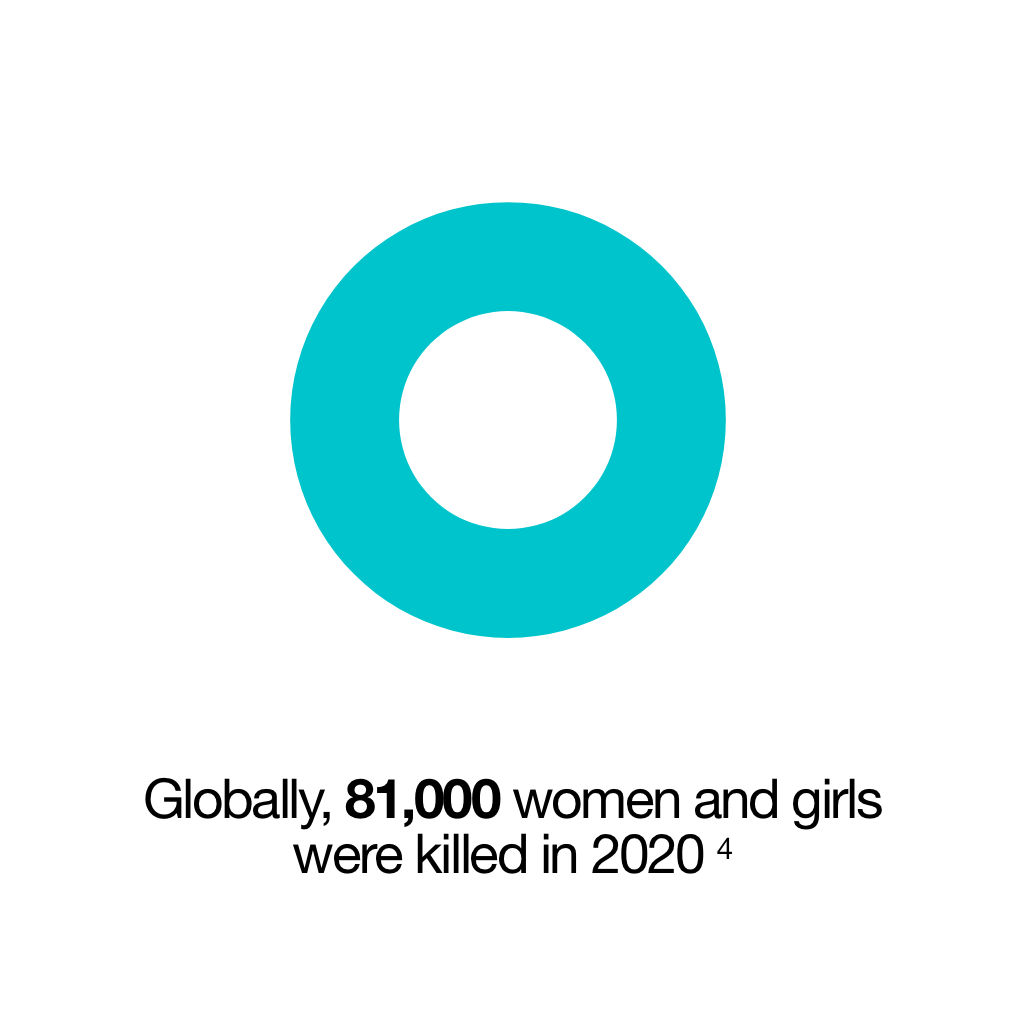
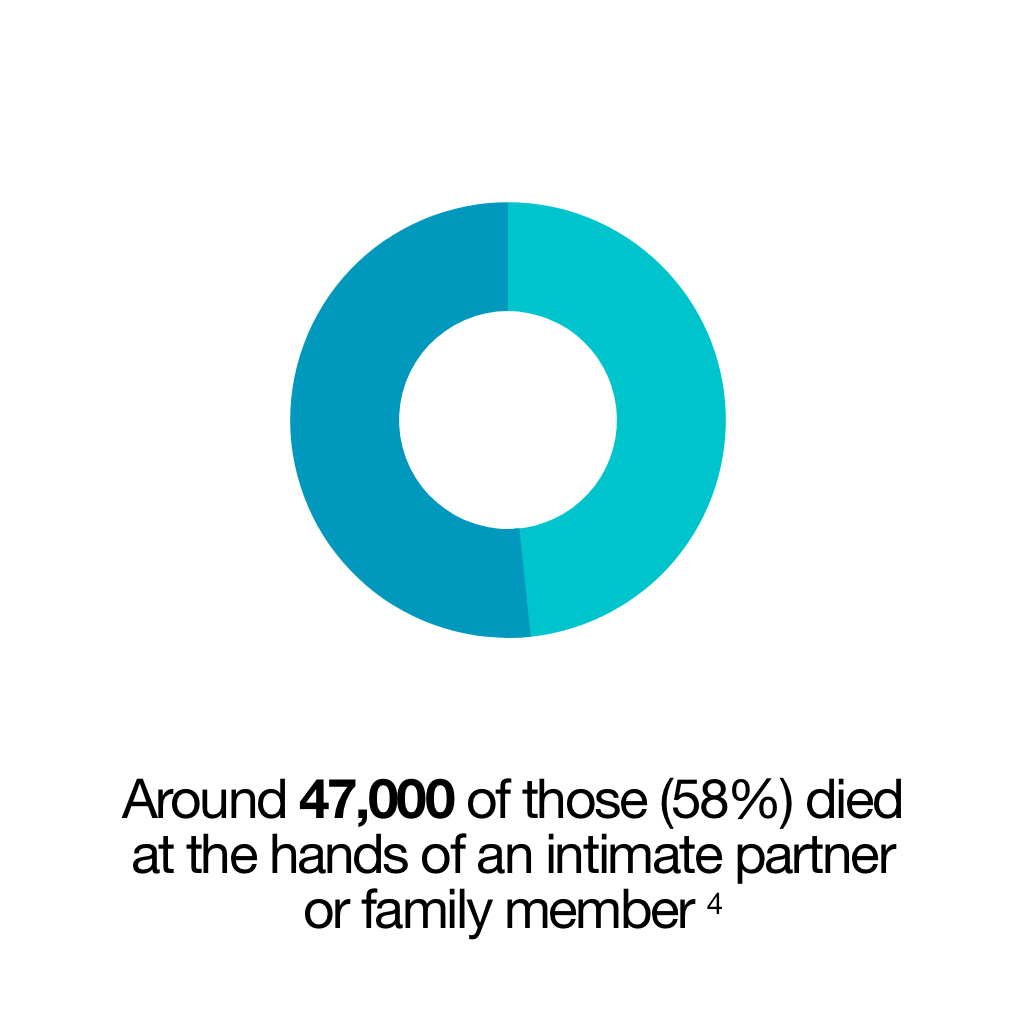
Violence against women and girls
Violence against women and girls is a fundamental human rights violation, affecting around one in three women and girls around the world.
Women and girls experience violence and discrimination in every society, simply because of their gender.
Millions of women and girls face many forms of violence throughout their lives, including rape, female genital mutilation (FGM), sexual exploitation and child marriage.
Survivors of violence often experience a range of problems, from psychological distress and depression to injury, HIV and unwanted pregnancy.
In the longer term, violence and the threat of violence can stop girls from going to school, from being able to choose if and who they marry, and from reaching their full potential.
If we're to tackle poverty around the world, we must also tackle one of its deepest roots: violence against women and girls.
Every girl deserves an education, and to be paid equally, for decent work, when she grows up
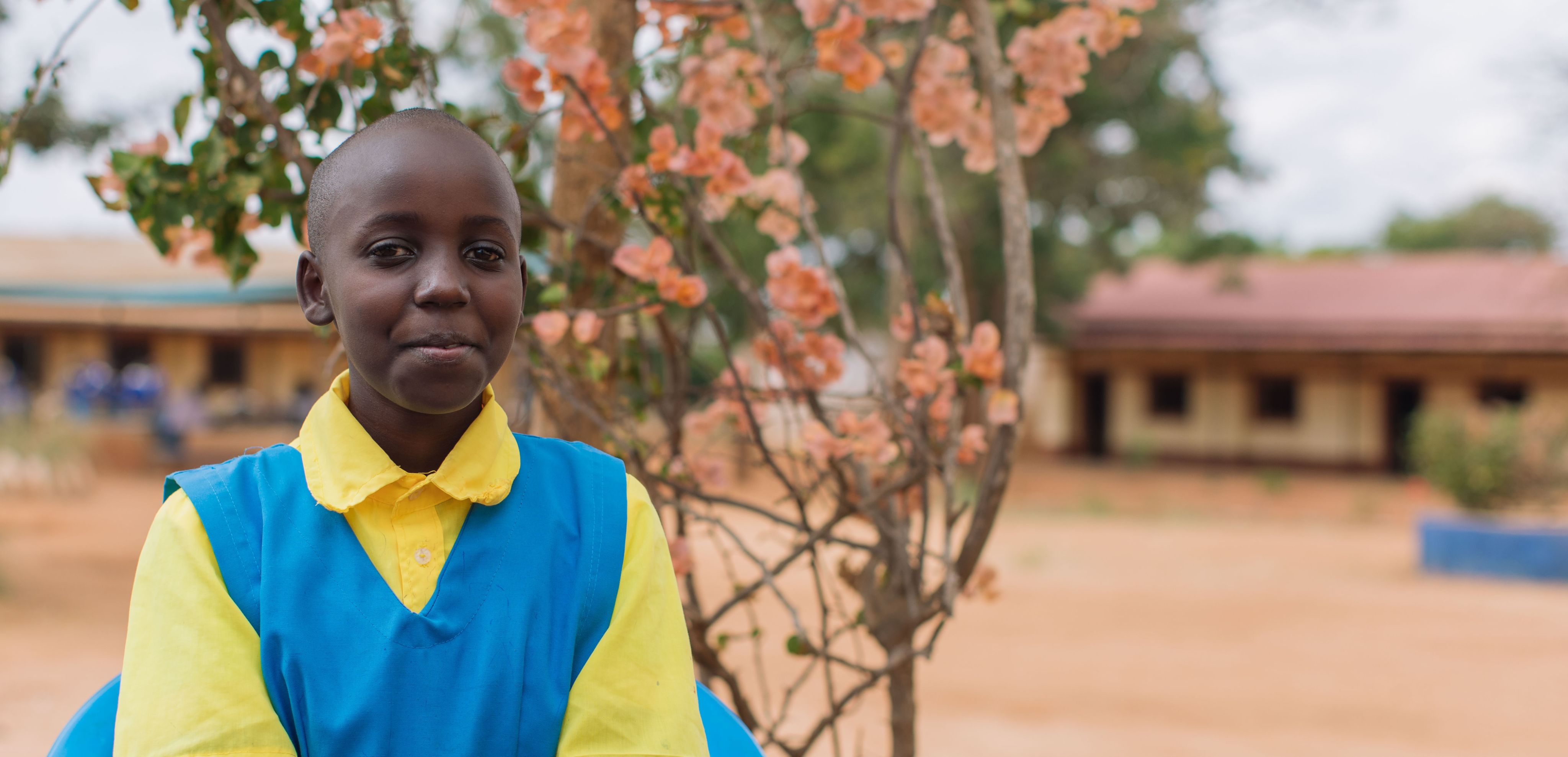






Economic rights
Gender discrimination means that women are more likely to be in insecure, low-wage jobs, be paid less for the same work and have limited access to land and loans.
If women in developing countries were paid as much as men and had the same access to jobs as men, they could be US$9 trillion better off.
ActionAid supports women to access secure jobs in safe working environments, free from all forms of violence. Women must be paid living wages that are equal to men's, enjoy social protection such as paid maternity leave, and the burden of unpaid domestic work that falls to women must be reduced.
This can only happen when girls also have access to education. While girls' enrolment in school has increased over time6, girls are still less likely to start—and stay in—education until graduation.
This keeps women and girls trapped in a cycle of poverty, increases the likelihood they'll be subject to violence, and holds entire communities back.
Women are more likely to die in disasters than men
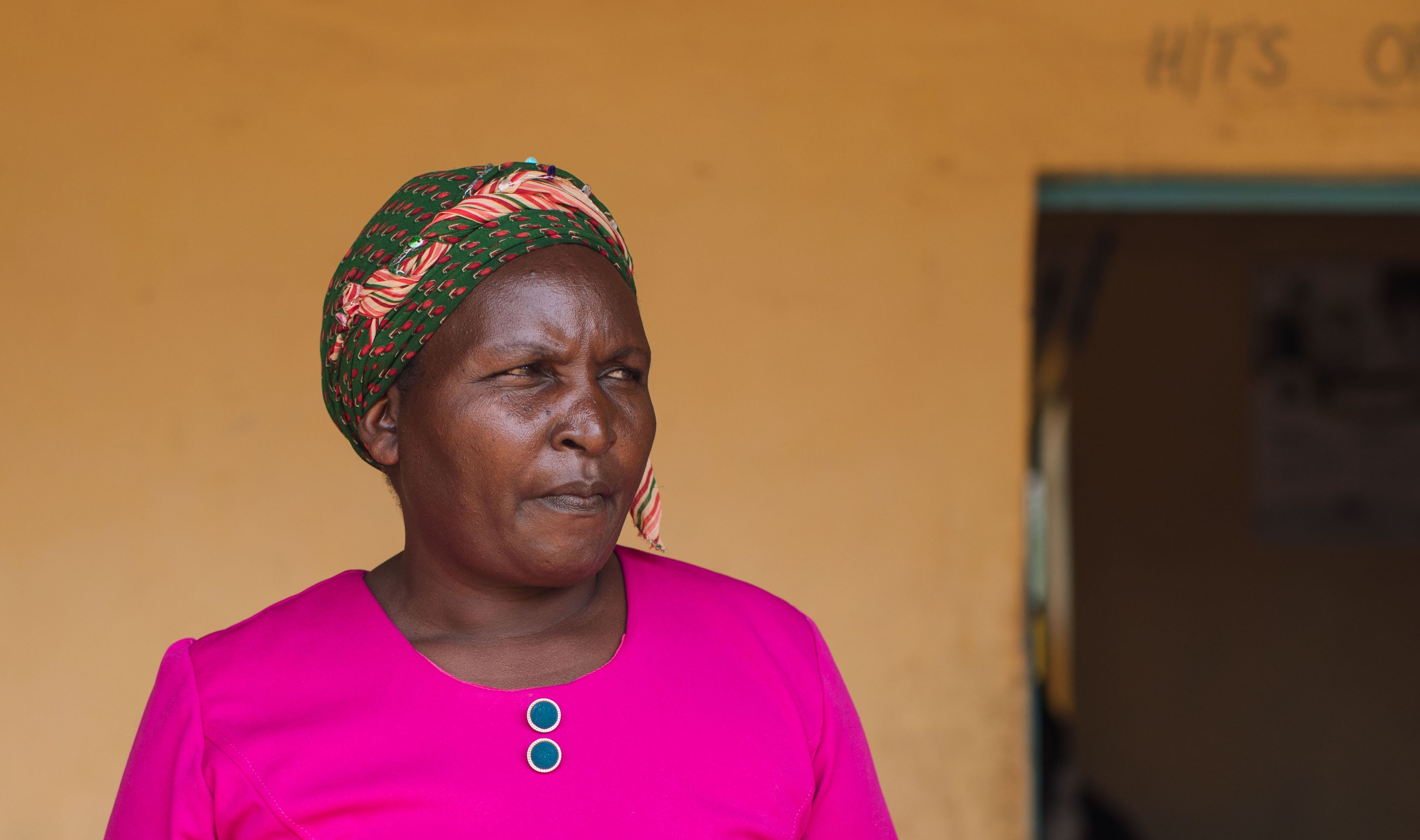
Women in emergencies
Women and girls often suffer the most during humanitarian emergencies.
Typically, more women than men are killed by rapid onset disasters like tsunamis and earthquakes.7 Violence against women and girls increases during all emergencies, especially in conflict.
There's nothing natural about this increased vulnerability that many women and girls face in emergencies. It is the direct result of the gender inequality and discrimination that women and girls experience in their daily lives.
But while women are more vulnerable in emergencies, they are also absolutely key to an effective response.
That's because local women know best what their communities need, and are able to get life-saving supplies quickly and fairly to those who need it most.
Ensuring we work with women in emergencies means we do not overlook needs or vulnerabilities that are specific to women and girls.
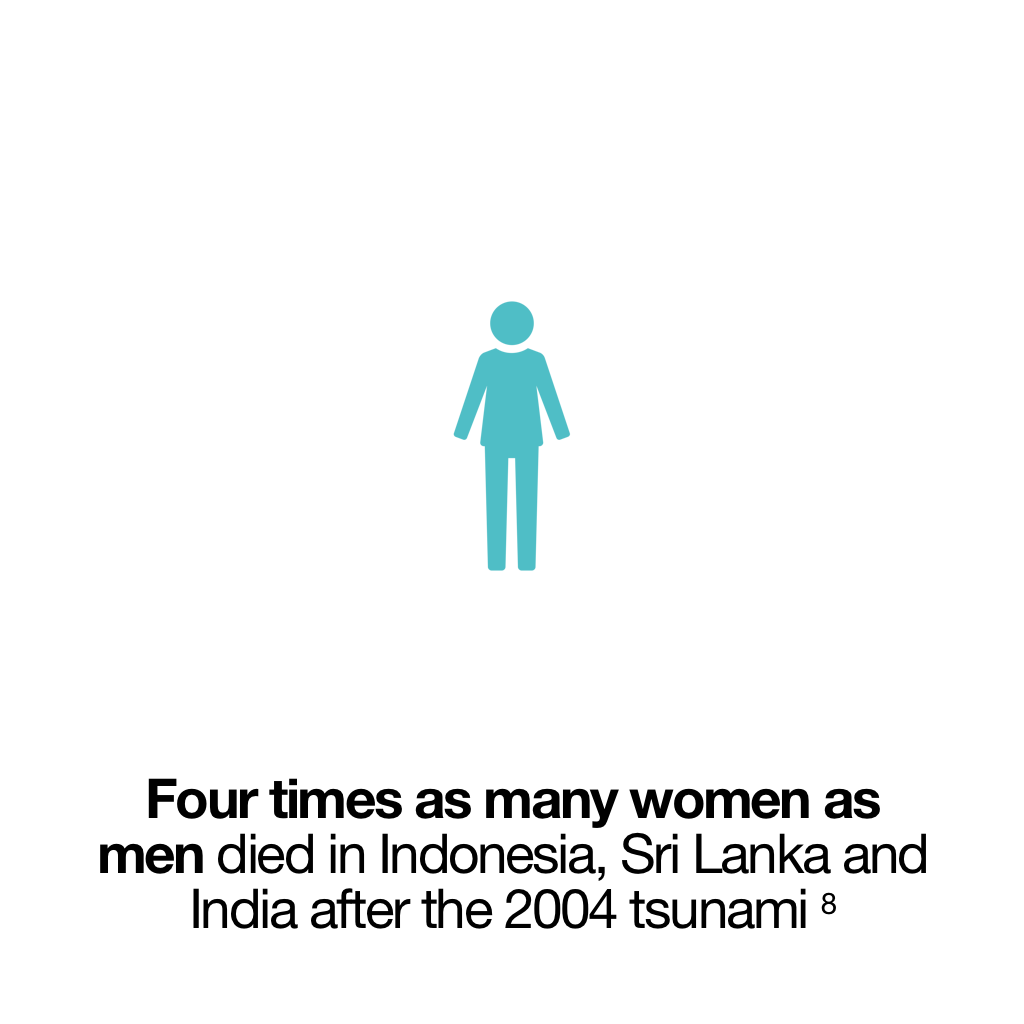
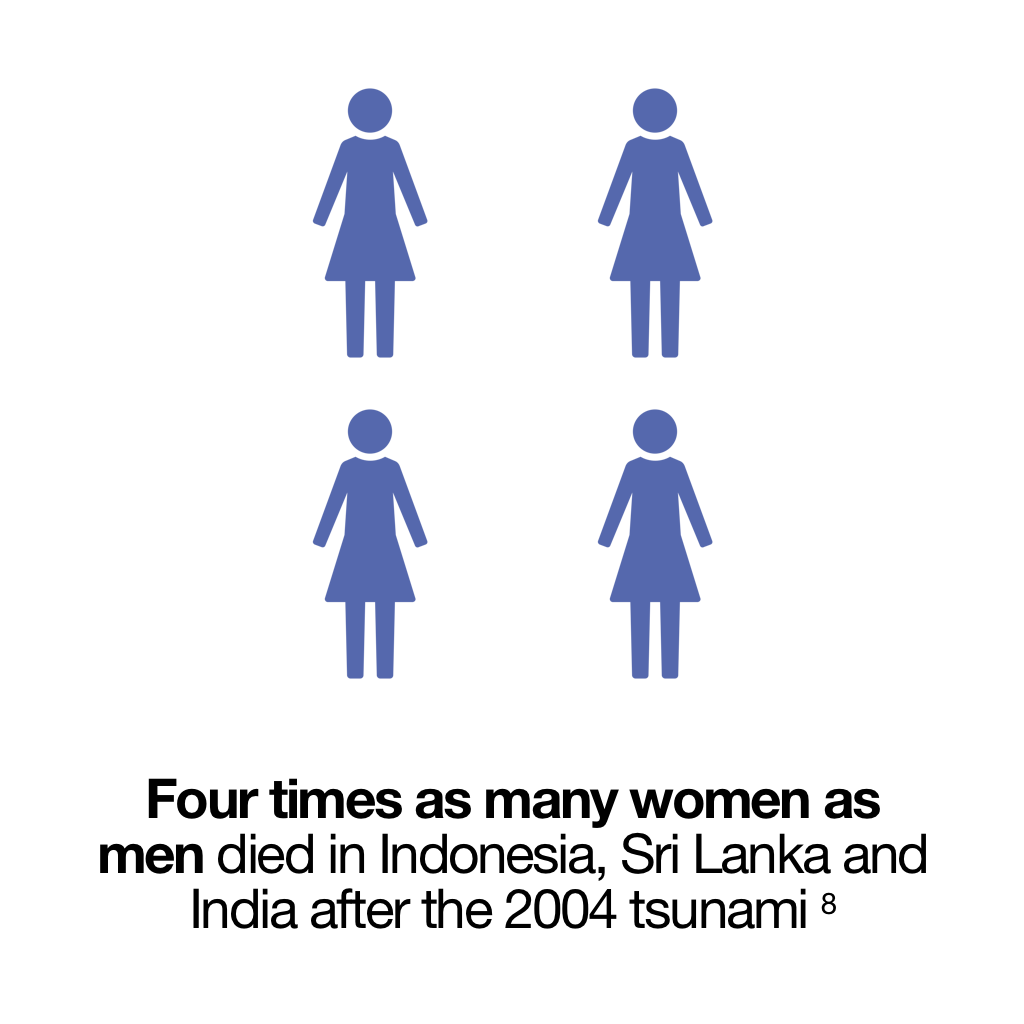
Find out more about our work and how you can help
Ending violence against women and girls
Learn more about our work preventing gender-based violence.
Economic empowerment
Learn more about our work support women's and girls' rights to an education, economic rights and equal pay.
Women's and girls' rights in humanitarian crises
Learn more about our work supporting women's leadership in emergencies.
1 World Health Organisation; 2 ActionAid Double Jeopardy; 3 ActionAid research; 4 United Nations Office on Drugs and Crime; 6 World Bank; 7 Eric Neumayer & Thomas Plümper; 8 PLOS Medicine/Oxfam. Images: Sarah Waiswa / ActionAid




